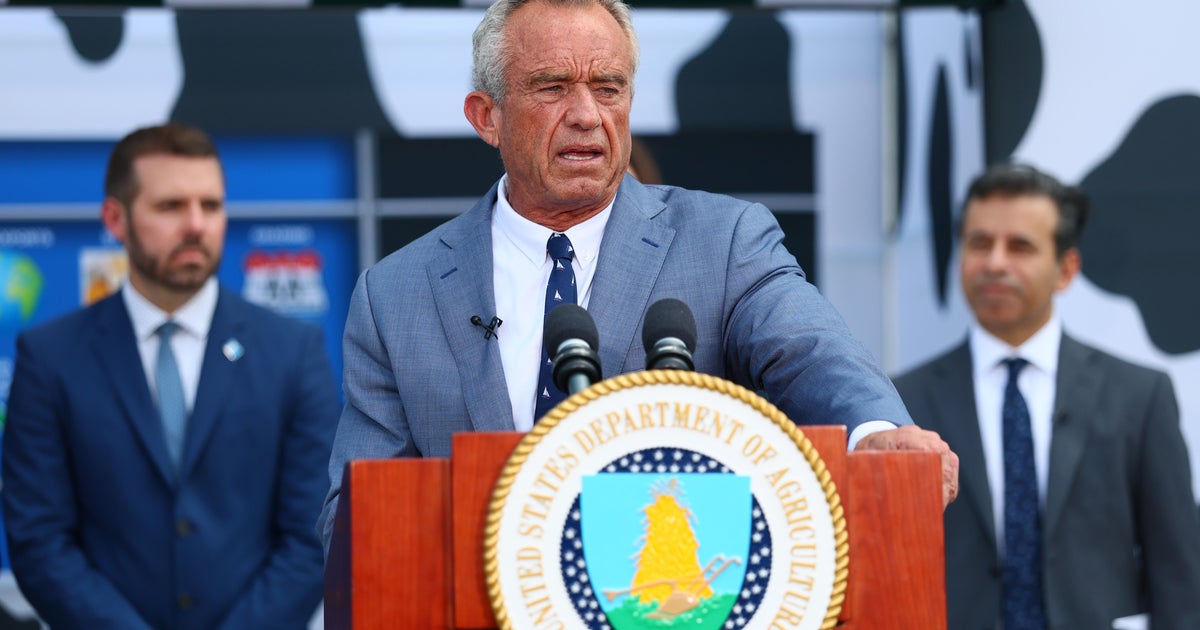
After years of bipartisan alarm over the potential national security threats posed by TikTok, users may soon face a different kind of challenge—one that comes from an algorithm “controlled by America.” This development follows an emerging agreement between the United States and China, announced by the Trump administration, aimed at determining TikTok’s fate in the U.S. after months of uncertainty, including a brief ban and a series of shifting deadlines.
On Saturday, White House Press Secretary Karoline Leavitt confirmed that under the proposed deal, the governance of TikTok in the U.S. will be overseen by a newly established board consisting of seven members, six of whom will be Americans. “The data and privacy will be led by one of America’s greatest tech companies, Oracle, and the algorithm will also be controlled by America,” Leavitt stated during an appearance on Fox News.
However, the specifics of what a U.S.-controlled algorithm entails remain murky. Will it reflect right-wing conspiracy theories, promote promotional content for MAGA merchandise, or perhaps prioritize partisan narratives? Details about which American individuals will be responsible for shaping this algorithm have not been disclosed. Additionally, concerns arise regarding Oracle’s CEO Larry Ellison, a known Trump loyalist, and how he plans to navigate the management of TikTok’s sensitive data and security while the Trump administration has been criticized for its handling of various data-related issues, including voting information and Social Security records.
It is crucial to note that while the Trump administration is optimistic about the deal, claiming it will be finalized “in the coming days,” no official agreement has been cemented between the U.S. and China yet. Reports suggest that China is taking a more cautious approach to the negotiations.
Should TikTok mirror the fate of platforms like Truth Social, which has been criticized for its disjointed advertisements and state media-like messaging, or follow the trend of other billionaire-led social media transformations that have resulted in toxic online environments, the outlook for TikTok appears dim. The potential shift to a U.S.-controlled algorithm could further erode the platform’s integrity and contribute to the deterioration of public discourse, particularly under the influence of a Trump-led agenda that has often been marked by divisive rhetoric.
In light of these developments, users may want to consider stepping back from the digital realm and resisting the allure of an algorithm shaped by political interests. Perhaps this moment offers an opportunity to reclaim our attention spans and engage with the world in a more meaningful way, free from the constraints of a manipulated digital landscape.


